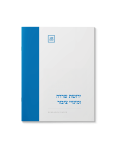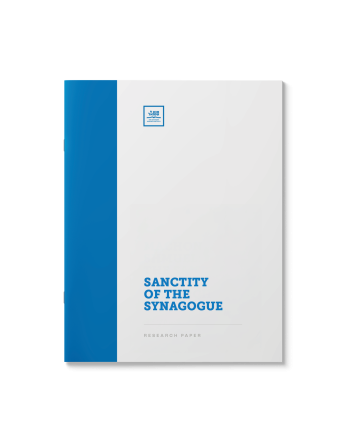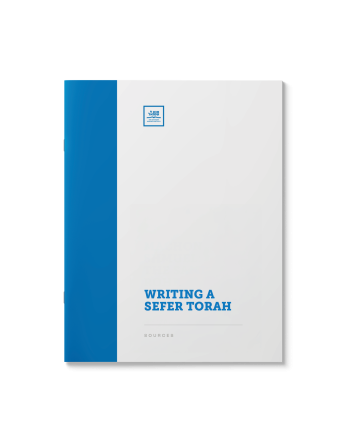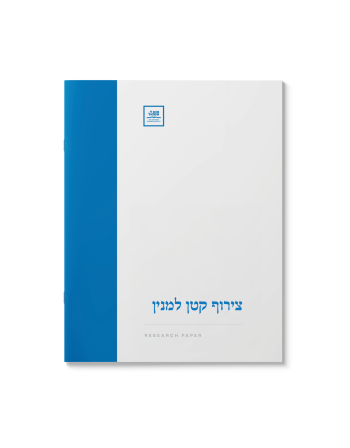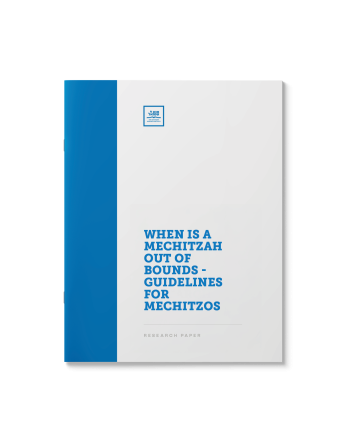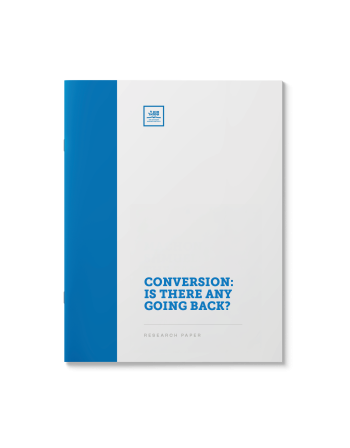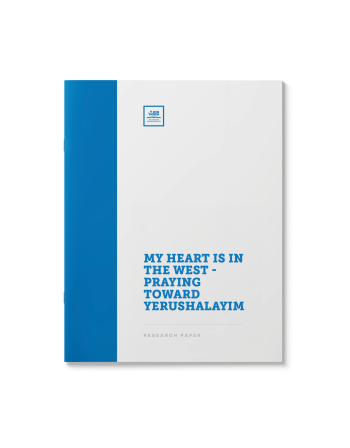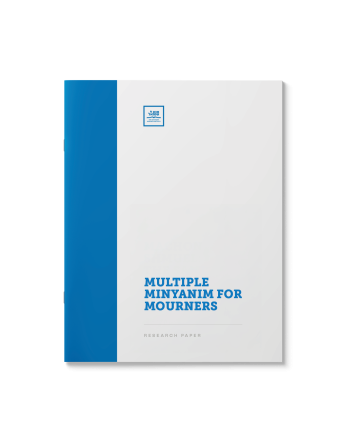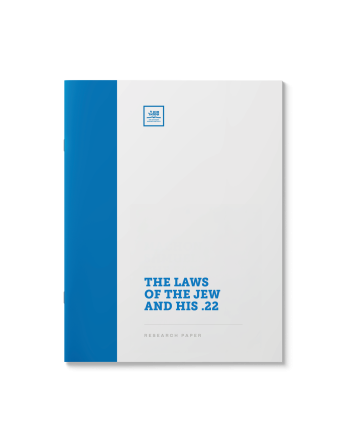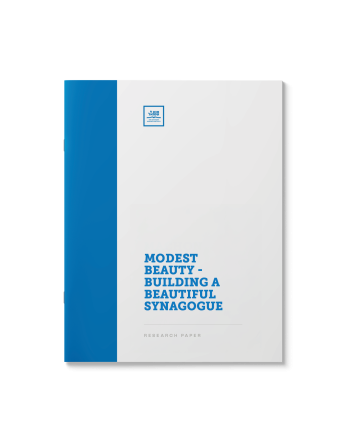ירושת שררה ומינויי ציבור
$39.00
הבנה יסודית במושג הורשת השררה ומינויי הציבור מאב לבנו בספרות התלמוד וגדולי הפוסקים, שופכת לנו אור בדין מינוי תפקידים תורניים וציבוריים, כמו רבנות ושמשות והדומה, בימינו אנו. למען יאריך על ממלכתו הוא ובניו בקרב ישראל.
| Language | Hebrew |
|---|---|
| Paper Type | Research Paper |
| Pages | 8 |
Related Products
An
analysis of the halachic status of a Sefer Torah whose parchment has been
coated with a substance that improves its appearance.
The synagogue has served as the center of gravity for Jewish communities throughout history. While Jews attend Shul first and foremost, to pray, many Shuls typically host all sorts of events and meetings as well. What does the halachah say about a Shul accomodating both social comaraderie and communion with the divine at the same time?
People often comission the writing of a Sefer Torah, either in the memory of a loved or for the merit of those who are living. Why is this a most worthwhile segulah?
צירוף קטן להשלמת מנין היא שאלה נפוצה ותלויה בשיטות שונות. המאמר שלפנינו מסכם את שיטות הראשונים והכרעת הפוסקים בספרות ההלכה לצד התנאים ופרטי הדינים בזה.
What
are the opinions of leading poskim on the appropriate height of a Mechitzah?
While a contractor, engineer and electrician are imperative for building any structure, a ‘halachic architect’ would also come in handy to ensure the design and architecture of your Synagogue meets the requirements. Where should the entrance be located? How many steps should the Bima have? And what are the specs for the windows? Study about the architecture of the Synagogue, its furnishings and decorations, as expounded in halachic and rabbinic literature.
מי שבירך את אבותינו. מהמקורות ועד הנוסחאות, המאמר שלפנינו סוקר את השתלשלות המנהג ושופך אור על שאלות השכיחות והמעניינות גם יחד. כלי עזר לכל גבאי ובית כנסת.
Must a shul always face the Holy Land? What are the reasons behind this famous tradition? And if the shul was already built facing another direction, must it be changed?
Jews honor the memory of deceased parents by leading the prayer services and reciting the Kaddish.
What happens when there are multiple mourners but only one Minyan to lead? Who takes precedence? If there are enough congregants to accommodate a unique Minyan for each of the mourners, does the principle of Berov Am trump the mourners obligation to honor their deceased?
Recent events have highlighted the role of firearms in the synagogue. Do guns belong in a house of prayer? What about if they are concealed? And what are the clashes between gun-carrying and Shabbat observance?
Additional supplementary source material is available on the general topic of weapons in Jewish law. Contact info@machonshmuel.com for more information
One of the virtues most lauded in Judaism is modesty and simplicity. Yet when it comes to building a Shul, we strive to make it as extravagant as possible. Examine this seeming contradiction in a paper analyzing the importance of building a Shul.
What is the reason some Shuls have a Ner Talmid? Does Chabad share this custom?


